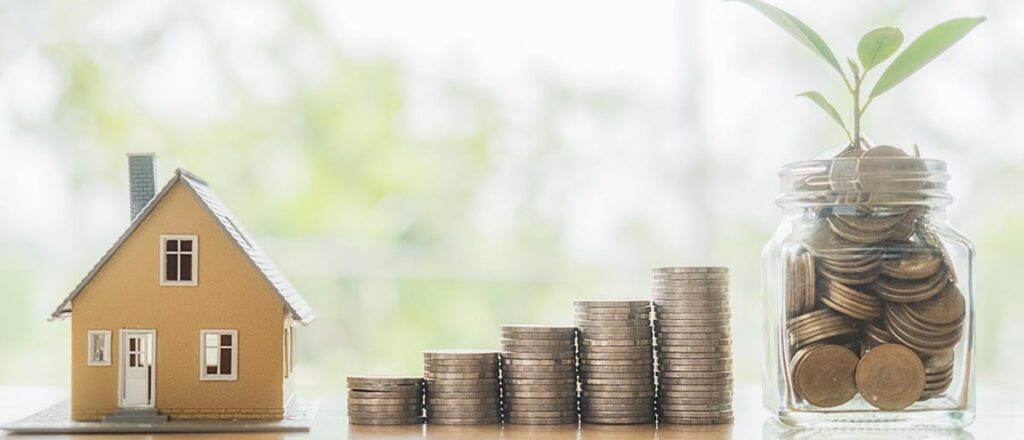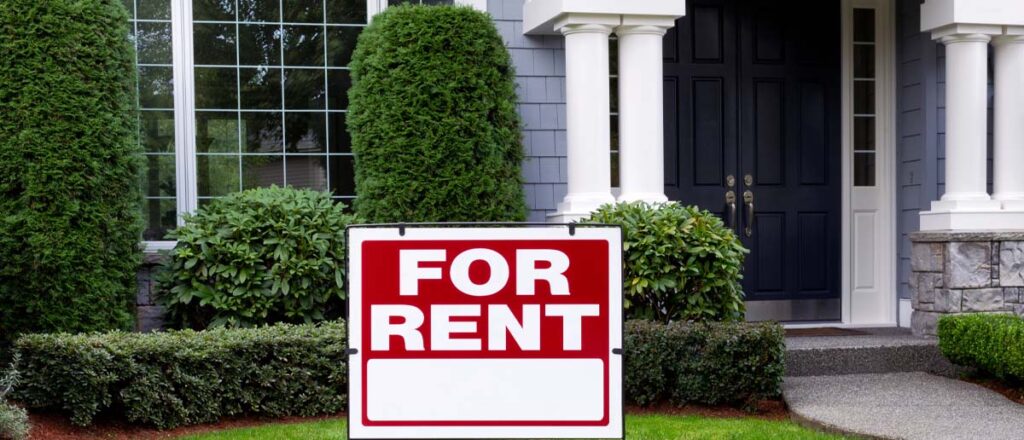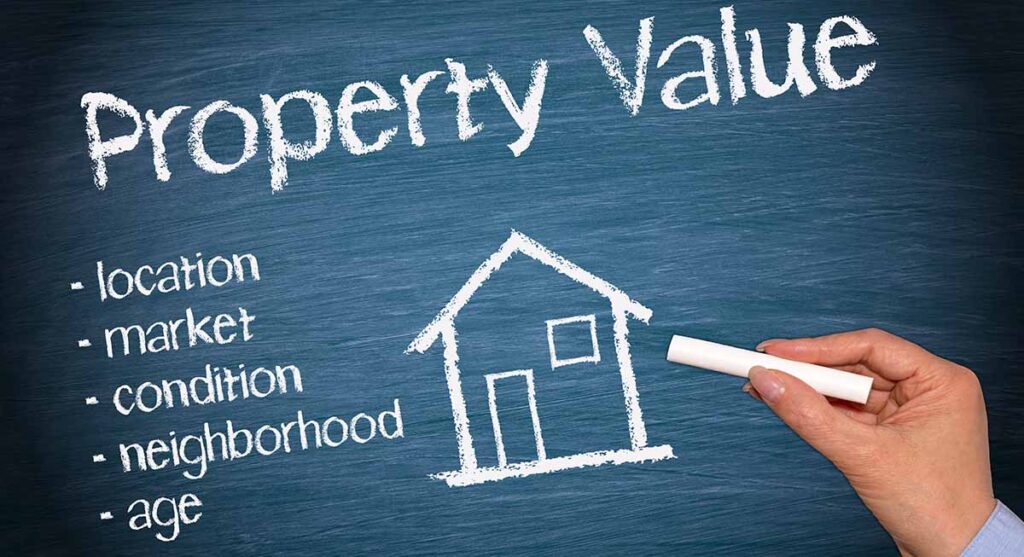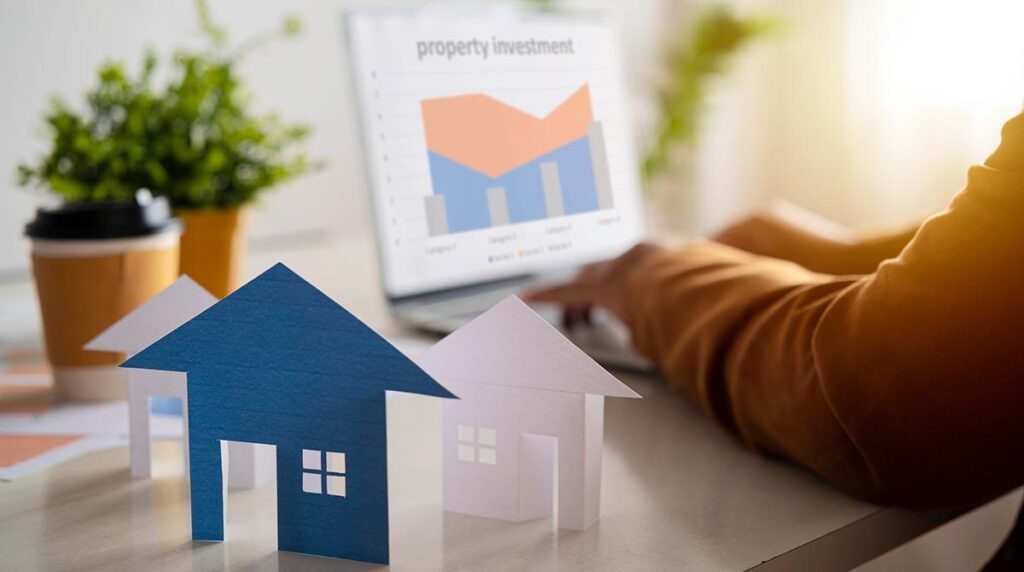Have the recent interest hikes affected your mortgage payments, causing you to start looking for ways to supplement your income? Maybe you want to generate passive income as you are near retirement, so you don't have to worry about having enough money to travel and visit your grandkids.
Now could be the perfect time to look into purchasing rental income properties to increase your income, especially in this uncertain and fragile economy. Real estate offers many investors an excellent opportunity to build wealth and profit from each deal.
Because income received from a rental property is usually treated as passive income for tax purposes, you, as an investor, generally don't have to withhold or pay payroll taxes due to the fact that most investors own rental property in addition to having a job.
Are you looking to increase your income by buying rental properties in Spokane?

How You Can Earn Rental Income
You can presume that operating expenses will make up approximately 35 percent and 80 percent of your gross operating income. If the monthly rent charged is $1,500, expenses are $600 per month, which is 40 percent of operating expenses. Most investors utilize the 50 percent rule. If the rent is $2,400 per month, anticipate paying $1,200 in total expenses.
Other expenses will include the following:
- HOA (Homeowners Association Fees)
- Homeowners Insurance
- Property Taxes
- Monthly Expenses – such as landscaping, pest control, and maintenance.
If you want to reduce your costs, look into whether an insurance provider will allow you to bundle landlord insurance with a homeowners insurance policy.
When it comes to making money from Spokane rental properties, you, as an individual investor, should expect to have the goal of a 10 percent return eventually. For example, estimate maintenance costs yearly at 1 percent of the property value.
In comparison to stocks, which typically provide investors with a 7.5 percent cash-on-cash return, and bonds that pay 4.5 percent, a landlord is likely to enjoy a healthy 6 percent return in the first year on an investment property. This number will likely increase over the years.
Tax Advantages of Passive Income
One major advantage you immediately enjoy as a rental property investor is that it gives you more income to declare. It also rewards you with more ways to claim deductions when you file your taxes.
In addition to the mortgage interest tax deduction, there are tax deductions for improving and repairing your rental property, along with travel costs related to checking on your property and depreciation in the home value.
Practically any expense that is associated with your rental property business is at least partially deductible as far as taxes are concerned. As you can tell, investing in rental income properties pays off during tax season.

What to Look for in a Rental Property
Your goal is to make as much money as possible with your rental income properties. There are several indicators that tell you that a property is worth investing in. Here are some primary factors to consider so you can realize a profitable investment:
Location - Most Important
Location is the most important criterion when deciding to invest in a rental property. The timing for entering a specific location is also essential. For example, the best time to get into a specific location can change, as markets are always in flux. You want to stay focused on the local conditions and not be distracted by national statistics when it comes to the state of the economy or housing numbers, for example.
Here are some important factors to keep in mind when selecting the ideal location for your investment in a rental property:
Schools — If you intend to invest in houses for rent in Spokane that cater to families, then you'll want to know about the quality of the schools in that area. The schools will affect the total value of your rental property investment when you later decide to sell.
Taxes — The taxes in a certain area will be highly relevant regarding a potential rental income property you invest in. You will want to research how much money will be siphoned off for taxes from your rental property investment. You might be able to offset high taxes with a property that has long-term tenants in a good-quality neighborhood.
Crime — Obtain accurate and up-to-date crime statistics for the neighborhood you're thinking of investing in from local police or the public library. Note trends in criminal activity such as vandalism and other serious crimes.
Neighborhood — The neighborhood where your rental property is will shape the type of tenants you'll have access to. For example, if you purchase property adjacent to a university, many of your potential tenants will be college students. If your neighborhood is surrounded by tech companies, you're likely to have high-income tenants.
Condition of the Property
It is the condition of the property where many investors tend to stumble. For example, new property investors tend to underestimate how a property condition can affect their investment.
Sometimes, potential investors may be intimidated by what may seem like an unattractive house that may need just some cosmetic improvements. Other rental properties might require foundation upgrades. It may take $4,000 and four months of work to get a rental property looking good enough to be occupied.
As an investor, it is essential that you understand the ongoing maintenance and costs involved for a property you will be investing in. The quality of the building, age, and other factors will influence this. You'll need to use this information to know how much money to set aside for capital reserves on a monthly and annual basis.

Value of the Property
What is pivotal here is the value of the property compared to what you will be paying for it. As an income investor, you will have priorities that are very different from other types of investors.
For example, you will probably not require the bargain basement discounts of wholesalers. You will want solid income-generating properties that will provide plenty of equity to liquidate on your timeline.
It may not pay off to invest in brand-new pre-construction. Also, be attuned to how valuations are changing in many areas and are based on a property's income potential.

Market Trends
It's important to know what area trends forecast for the future performance of the property you're considering investing in. You'll want to know what new developments will be forthcoming and any revitalization efforts that will be made. What are the population trends? What jobs are there, and what wages come with those jobs?
Here are some specific trends you'll want to investigate before investing in a rental property in a particular area:
Job Market — One thing to keep in mind is that locations with new employment opportunities will probably attract more tenants. As you figure out where to invest, look into the U.S. Bureau of Labor Statistics (BLS) for job availability rates in certain cities and towns.
Upcoming Development — You'll want to look to your municipal planning department for information on developments or planned developments that have already been zoned into the area. Keep in mind that the more construction that is taking place, the more growth is happening. You'll want to find out about any new developments that might negatively impact the price of properties in the area you're considering investing in.
Average Rent — The most important factor in determining which property you'll invest in is the amount of rental income you'll generate. That is why you'll want to examine the average rental income for your target area. Make sure that the rent amount will easily cover the mortgage payments, in addition to taxes and other expenses.

What to Expect as a Landlord
While investing in rental income properties can be lucrative, it does come with some challenges. Here are some precautions you'll want to take and things to be aware of as you prepare to become a landlord:
- Financial Cushion — You'll need a financial cushion if you don't rent the property right away or if the income doesn't cover the mortgage.
- Contending with Debt — If you have debt, such as student loans, investing in a rental property could be risky. Investment properties typically require a larger down payment, often around 20 percent, and interest rates are normally higher.
- Underwriting Standards are Stricter — The lender will examine your employment history and might want landlord experience.
- Landlord and Homeowners Insurance — For example, if a tenant is injured on your property and sues you for damages, your landlord insurance will cover the legal fees and potential medical expenses. Homeowners' insurance policies will provide liability coverage for you and other household members, even if the accident does not occur in your home.
- Unexpected Costs — Examples include water damage and electrical shortages.
- Set Aside Money for Repairs — You will want to have approximately 30 percent of your rental income set aside for unexpected repairs.
Hire NuKey Realty When You're Ready to Invest in a Spokane Rental Property
At NuKey Realty, we are ready to assist you when you're ready to invest in rental income properties in Spokane. We can give you the best real estate service. We are the Spokane real estate experts who will equip you with the information and resources you need to make the best decision for your investment in a rental property.
You can count on NuKey Realty to guide you through a seamless process so you can achieve the results you expected.

